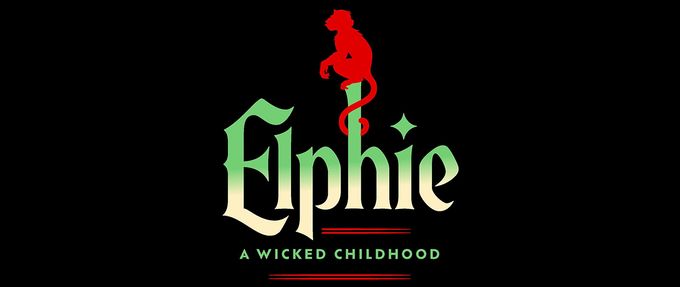Thirty years ago, Gregory Maguire released Wicked: The Life and Times of the Wicked Witch of the West. The green-skinned villain had haunted many children’s nightmares for decades prior, but in this version, she has a name: Elphaba. Starting at her birth, we learn that perhaps Dorothy’s version of events wasn’t the whole story. That maybe, Oz was far more complicated than we ever imagined.
Since the book’s initial release, Wicked has bewitched audiences all across the globe. It was adapted for Broadway, where it garnered ten Tony Award nominations—winning three—and became the fourth longest-running Broadway show in history. Following the success of the musical came a two-part film adaptation starring Ariana Grande, Cynthia Erivo, and Jeff Goldblum. The first part of the film was released to nearly universal critical acclaim. It received ten Academy Award nominations, including Best Picture.
There’s no doubt that Wicked has become a cultural phenomenon. Maguire followed the musical success by expanding the stories in Oz for three more books. It’s only fitting that the latest novel goes back to where it all began: with Elphaba.
In Wicked, we get a brief overview of Elphaba’s childhood. The dynamics of her family are present, but as she is rarely with them, those interactions are brief. Nessarose (Elphaba's sister) is killed when Dorothy’s house drops on her, and Shell (her brother) is only mentioned at the end, though his story is expanded in later books.
Elphie seeks to bring the focus back on Wicked’s star, Elphaba. The green-skinned witch that no one can get enough of. She’s delightfully defiant, refusing to shrink herself to fit in anyone’s preconceived notions of how she should look, feel, of behave. But where did that spark come from?
I wish Elphie had helped answer that question a bit more. While the title indicates that this should be Elphaba’s story, the reality is far murkier. Yes, the story is set while Elphie is a child, but it’s not exactly easy to say that this is her story. It’s also Nanny’s and Frexbar’s, Nessarose’s and Shell’s. Even worse, the story felt more centered on Frex and Nessarose rather than the titular character.
Perhaps it’s unfair to expect that we can understand the wicked witch without also understanding her family. But in the end, I’m not sure I gained more insight than I began with. We knew Shell was a bit of troublemaker as a child, and here, we just see the trouble. We knew that Nessarose is entitled, manipulative, and cruel. We knew that Frexbar the Godly isn’t exactly the best father. We see several pivotal events that Elphaba refers to in Wicked, but instead of really showing us how these dynamics started or how these events truly impacted Elphaba, they’re just sort of presented as fact before moving on.
And this is probably what bothered me the most. Instead of telling a story with tension and direction, twists and turns, we’re taken step by step through Elphaba’s childhood. We see her initial interest in animals, but her drive to understand what happened is muted with a very off-brand desire to not find out.
Could this be what drove her to act later? Possibly. It just would have been so much more impactful if we were actually given more emotional resonance to work with.
I wanted this novel to crack open some of the mystery of Elphaba, to answer things like her aversion to water and any hint to the shocking revelation of her birth. I wanted her frustration over her helplessness as a child to show the deep roots of the ferocious woman she became. It just never did. The story just meandered through the years, jumping from Elphaba’s perspective to other members of her family and back again, with no depth or space given to explore the reactions or impact these events have on the future witch.
The story ends with Elphaba entering Shiz University. It’s very obvious that this is the direction the story is headed and it was fun to see how exactly that happened. But the lack of surprises along the way made this a rather dry read despite its lyricism.
I think perhaps this is a book that simply tried to do too much. There are references made to the events in the other books, but without context, they are jarring and odd. And because the entire point of the plot seems to be to specifically highlight events shown in Wicked without tying them into a cohesive plot, the story itself feels lacking. There was no real tension, no mystery, only a series of events plodding forward, and even Elphie herself is lost in the narrative weeds.
I think that for avid fans of Elphaba, Elphie will be an added bonus to the canon Wicked and the rest of the Wicked Years provides. It offers more detail for future events, even including Easter eggs for Glinda and other characters that aren’t directly tied to her childhood, which a well-versed fan will pick up and enjoy. However, anyone who isn’t an expert in Wicked and was hoping for a standalone story with an easy plot to follow might be disappointed.

